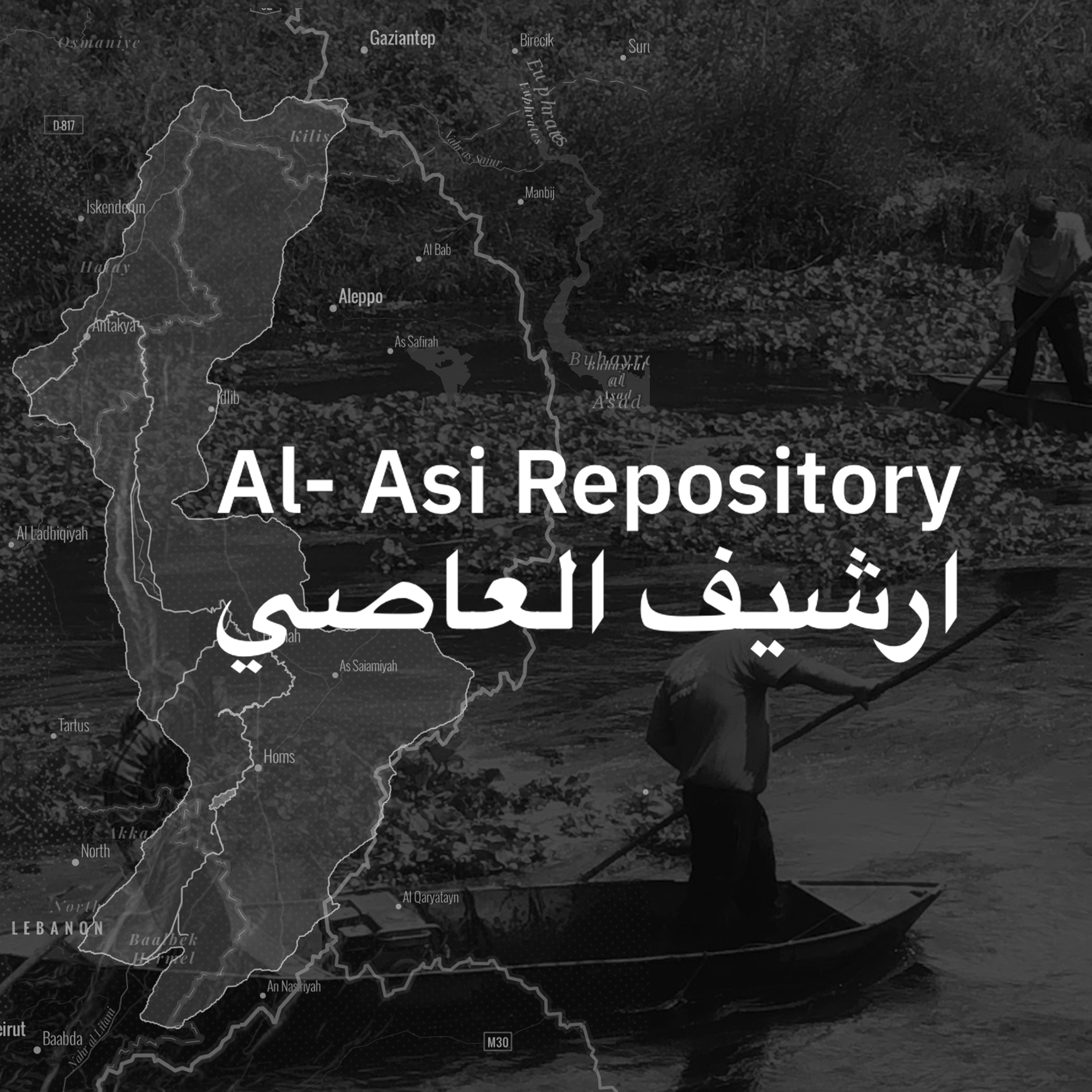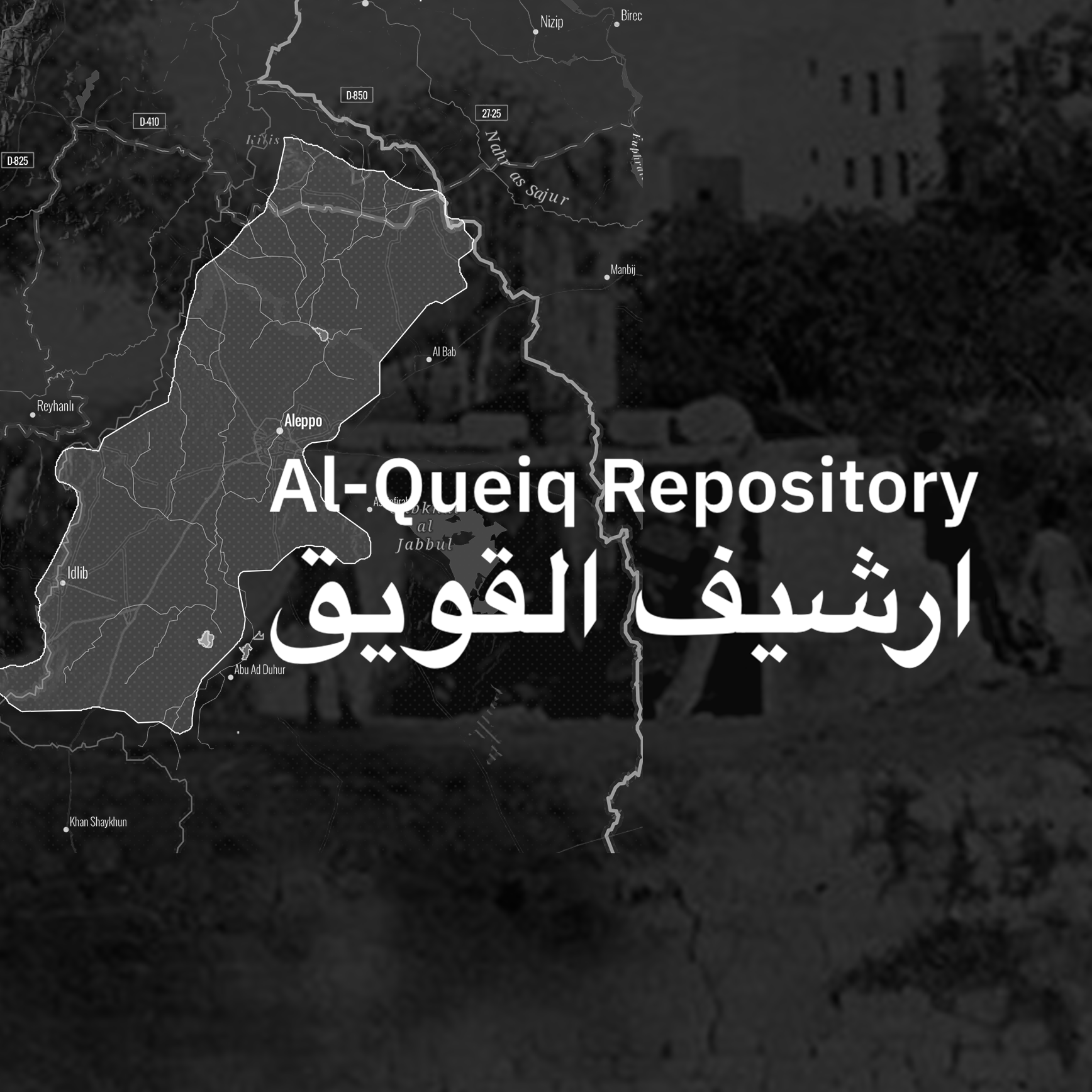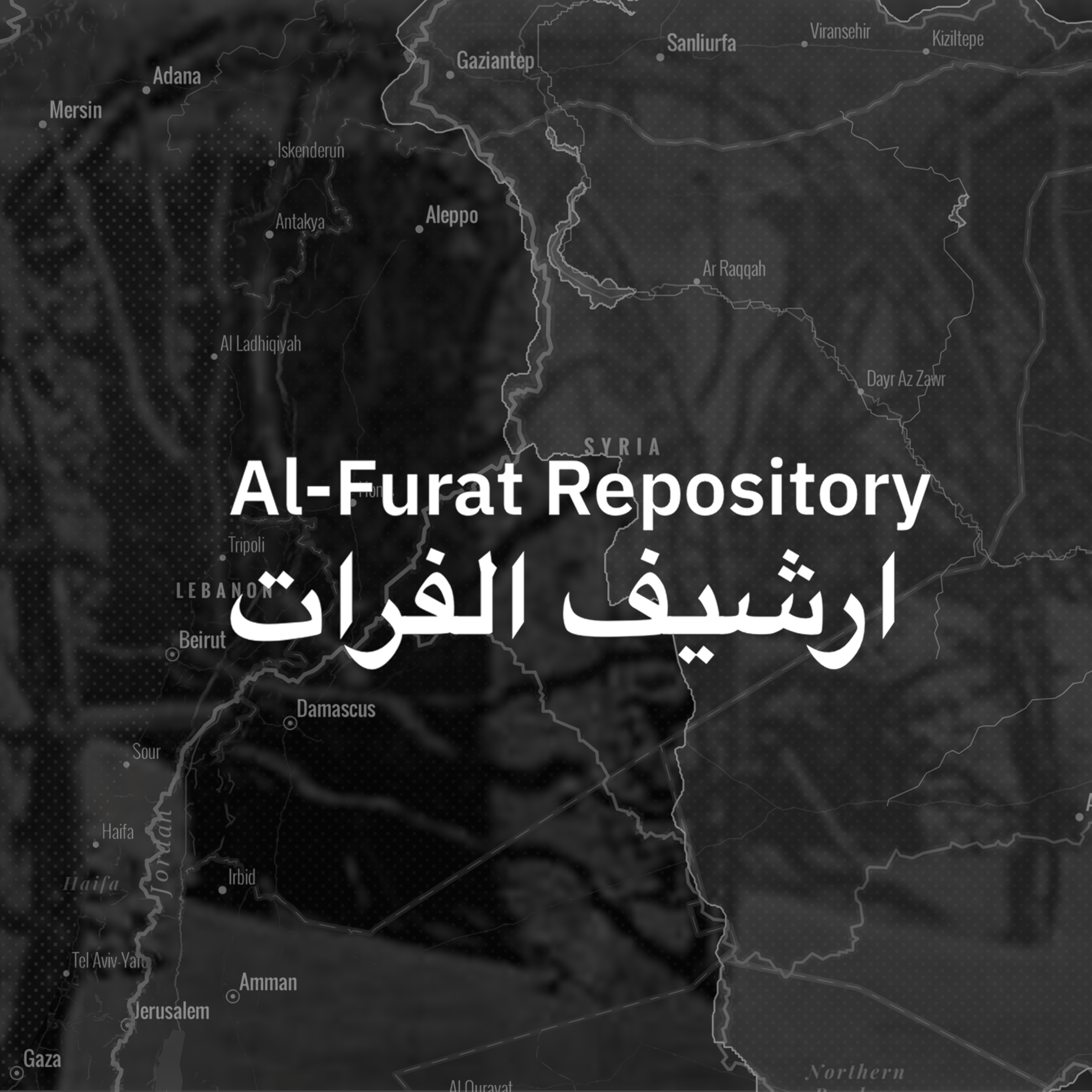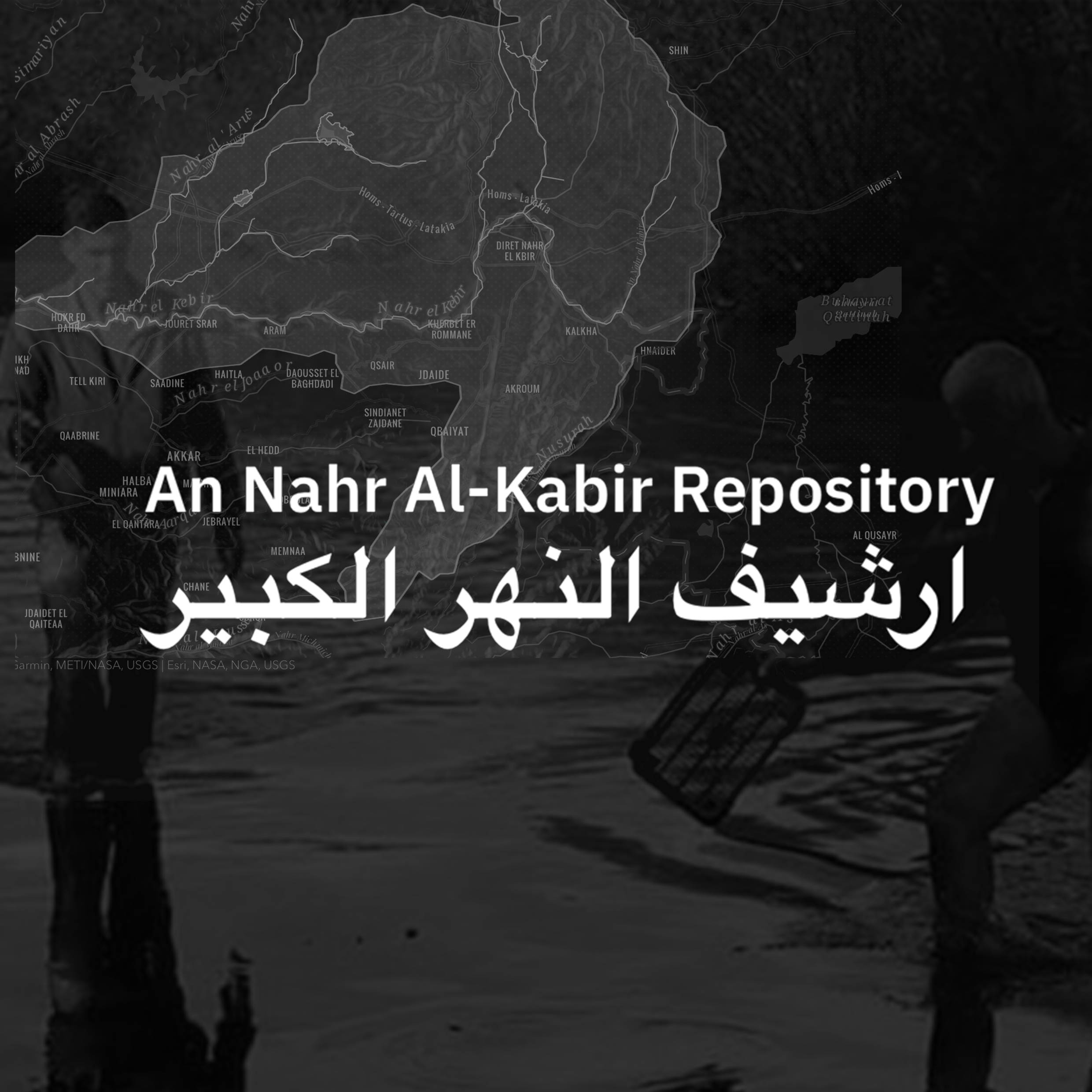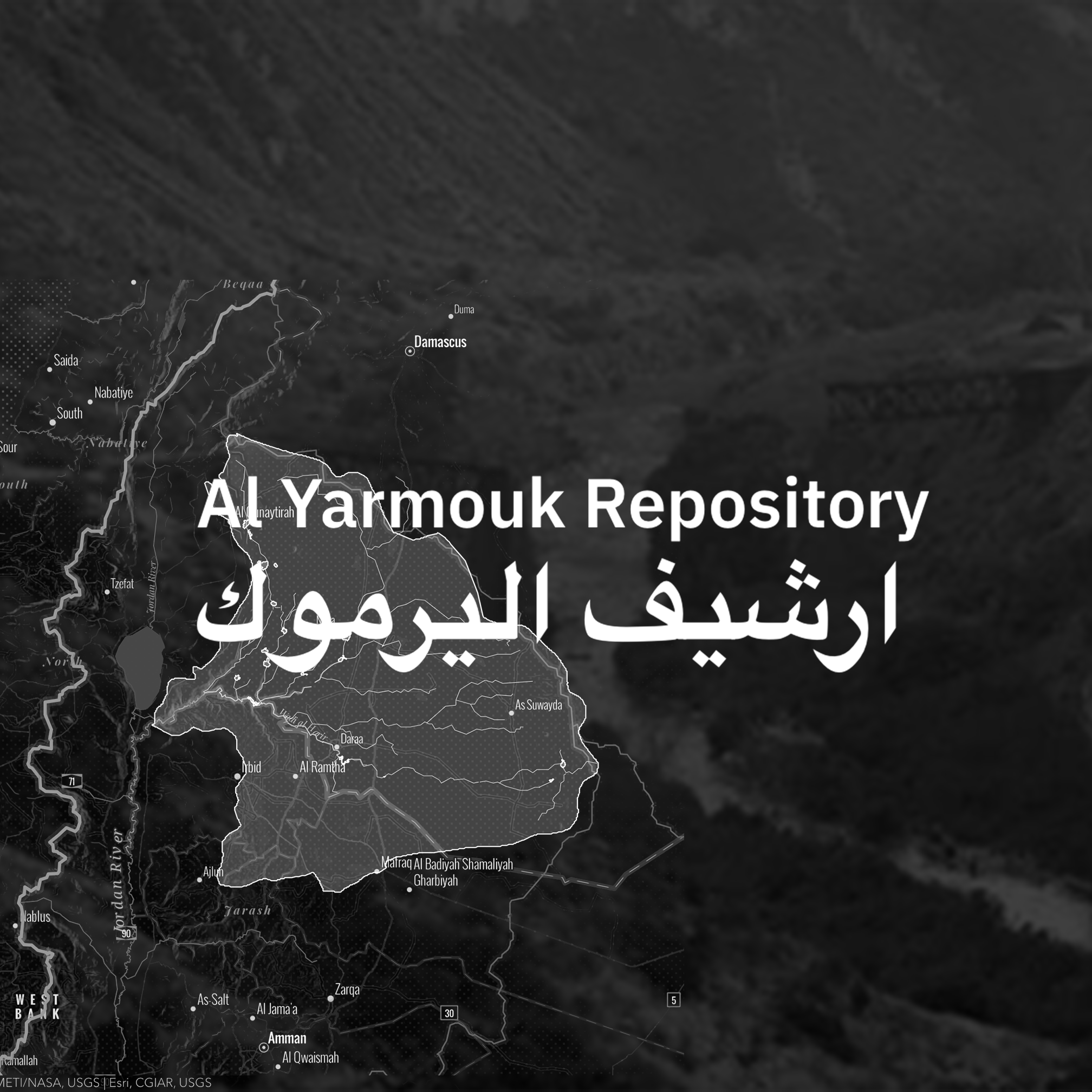The Water Commons Archives - Syria is a Research based Archival endeavor dedicated to the examination and preservation of histories concerning shared water basins and indigenous water practices as an open-source collection of primary and secondary materials that explores the intricate dimensions of water and its socio-cultural implications in Syria.
The Water Commons Archives, in its essence, challenges conventional boundaries, both geographical and conceptual. The archive endeavors to transcend the limitations imposed by contemporary borders, which often inadequately reflect the natural hydrological divisions that define our perceptions of watersheds in the Middle East. This approach advocates for a more holistic and ecologically nuanced perspective on water knowledge, one that acknowledges the interconnectedness of ecosystems and human communities beyond artificial demarcations. Moreover, the archive engages critically with the socio-political aspects of water, investigating how historical power structures and colonial legacies have influenced water rights and access. Amidst diverse historical underpinnings and instances, the Water Commons Archives invites scholars and practitioners to reconsider our perception of our water basins through spatial and transitional practices.
About
Water in Practice
WCA-Syria at the Venice Architecture Biennale 2025- Reimagining Waters from Source to Land: The Living Archive of the Orontes River.
Reimagining Waters explores water as a cultural and political mediator—through which collective knowledge is shared, shaped, and often contested. Drawing from spatial history and oral narratives , the project examines how water infrastructure has long served as a scaffold for adaptation, especially in face of scarcity.
Suspended from the ceiling of the Arsenale, a 10-meter stretch of silk hosts a large-scale projection of the region’s hydrological landscape. This cartographic textile traces the location of 125 historic water collection points—sites that reflect a variety of typologies and social uses. These architectural forms are recalled today through personal archives, photographs, and sketches—many of which are layered onto Silk 3.
The installation includes a series of interviews, one of which features a carpenter whose practice involves the ongoing restoration of these water structures. His testimony reveals how techniques and traditions have had to adapt under conditions of scarcity and political upheaval, illuminating a complex relationship between craft and ecology.
Collection


